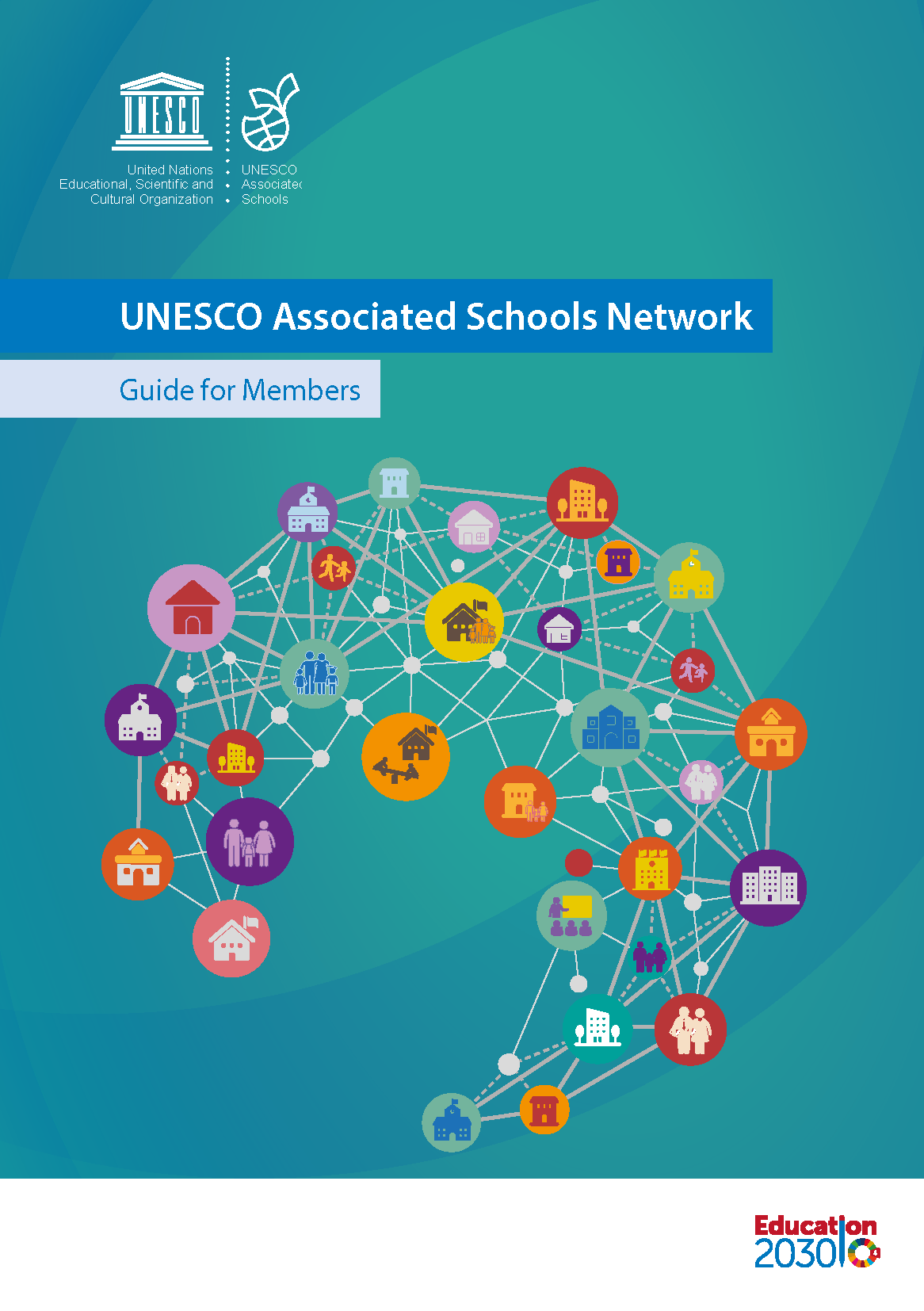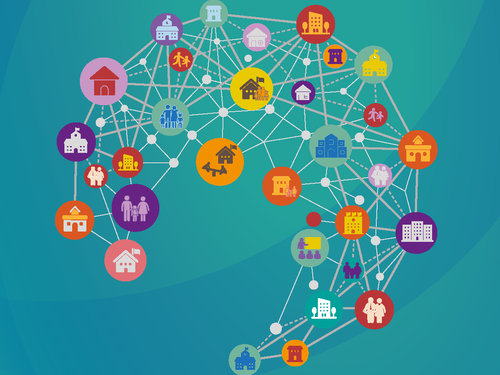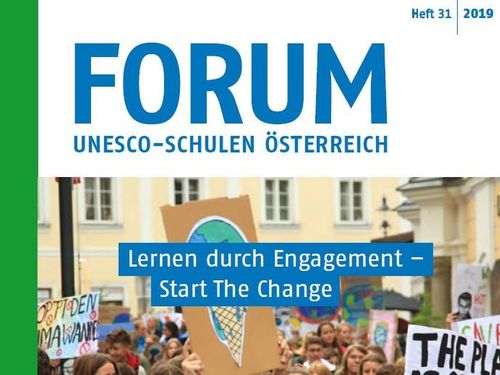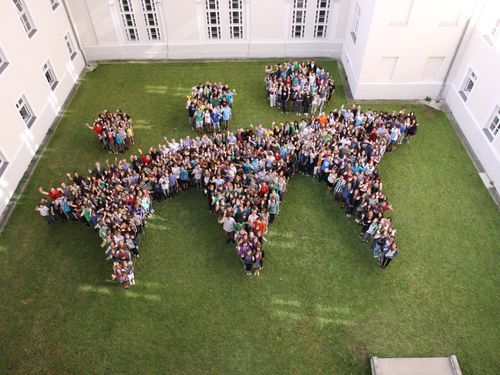The UNESCO Associated Schools Project Network (ASPnet) was founded in 1953. What began with 33 schools in 15 Member States now encompasses more than 11,500 educational institutions in 182 countries, making it the largest school network in the world.
UNESCO schools have a model character which is expressed in a special pedagogical approach: teaching takes place through projects in a school climate characterised by appreciation of the individual, participation, and respect for diversity. Participation in the international and national network of UNESCO schools is designed to be a long-term commitment. The entire school community is called upon to continuously incorporate the concerns of UNESCO into all areas of everyday school life.
Topics such as peace education and human rights, gender equality, inclusion, global learning, global citizenship, cultural heritage, sustainable development, interculturality, biodiversity, and climate change as well as international solidarity are taught, learned, and lived in UNESCO schools in accordance with the 4 pillars of UNESCO’s education concept: learning to know, learning to do, learning to be, and learning to live together.
Mission and vision
The goal of the worldwide UNESCO school network is—through international cooperation, intercultural education, and training—to contribute to the preservation of peace and security by teaching young people understanding, tolerance, and friendship between all nations and people as early as possible. Hands-on projects intend to encourage young people's ability to learn to think critically and act independently, develop self-confidence and personal responsibility, and understand complex global interrelations.
Austrian UNESCO schools
In 1957, the first Austrian school, BG/WIKU Wien XVIII Haizingergasse, joined the international network. Today, 98 Austrian educational institutions from all 9 provinces are members of the network.
The Austrian Commission for UNESCO coordinates the national network, provides international contacts and information, and supports the schools in achieving their goals. The Austrian UNESCO schools’ annual conference, which always takes place in a different province, serves as a platform for exchange and further education. The participants receive information, suggestions, and tips on how to work on and implement UNESCO topics in everyday school life.
FORUM, the Austrian UNESCO schools’ journal, is published annually and illustrates the great variety of activities and projects the schools undertake. The journal is always dedicated to a specific topic and serves as a source for new ideas and inspiration for future projects.




![[Translate to English:] [Translate to English:]](/fileadmin/_processed_/2/f/csm_UNESCO_PlakatHRS_SUJET_4cfdac46c7.jpg)



